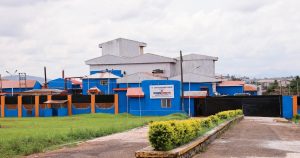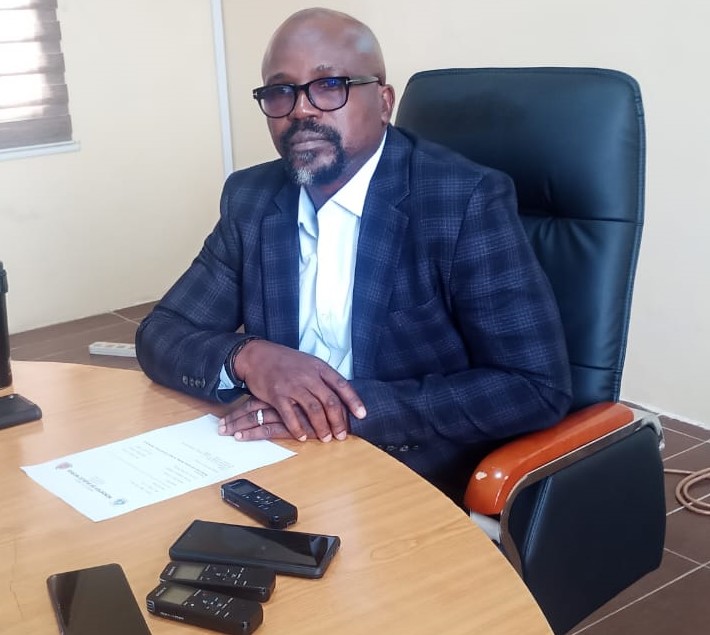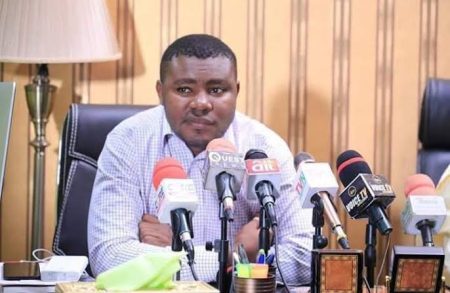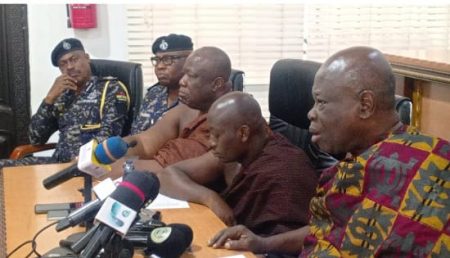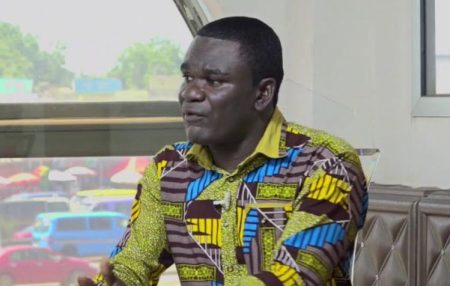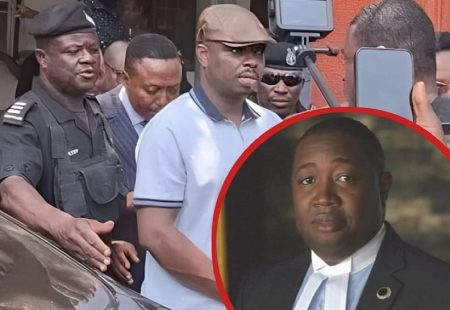During a recent session of the Liberian Senate, Public Works Minister Roland Giddings faced scrutiny when he failed to convincingly communicate the government’s plans for addressing the country’s deteriorating road infrastructure. This intense moment occurred on October 29, 2024, during the 41st day sitting of the Senate’s first session. Giddings was invited to present data and updates on road projects, particularly focusing on critical areas such as the Tienpo-Nyonken road in Rivergee County, which has become notorious for its poor condition and a damaged bridge linking various towns and villages. The Senate anticipated a comprehensive outline of ongoing projects, including a timeline for completion. However, Giddings’ briefing notes fell short, lacking critical details on the ministry’s budget allocation of US$35 million and how these funds would directly aid in improving road conditions.
The situation highlighted the government’s ongoing struggles with road infrastructure, particularly the roads in Lofa County, such as the Salayea-Manekoyma route, which have suffered from neglect due to contractors halting work nearly a year ago over a lack of financial compensation. Minister Giddings acknowledged a significant backlog of payments, indicating that the government owes contractors approximately US$11 million. He expressed a need for more effective financial management and stressed that out of the US$22 million earmarked for Presidential deliverables, only around US$9.9 million has been disbursed. Giddings conceded that progress has been limited, with only 2% of contractors having achieved any milestones, greatly hampered by the rainy season.
Taking a stance of accountability, Giddings apologized to the Senate for the incomplete presentation and lack of timelines, vowing to implement a more robust construction strategy during the forthcoming dry season. He reassured both the Senate and the Liberian public that there will be a renewed push in road construction efforts, contingent on the completion of financial arrangements and release of funds. Giddings articulated his commitment to prioritizing road works as soon as the weather allows, requesting patience from lawmakers and their constituents during this transitional period.
The Minister indicated that, in the meantime, the Ministry of Public Works would move swiftly in inspecting key thoroughfares like Bushrod Island Road and others awaiting construction or rehabilitation. He acknowledged that public frustration concerning road conditions is valid and expressed his determination to provide clearer timelines for all targeted projects moving forward. Giddings recognized the need for transparency and effective communication regarding the government’s infrastructure agenda, aiming to restore public confidence in his ministry’s capability to handle the existing challenges.
Further to this, during the hearing, Giddings emphasized the importance of stakeholder collaboration, suggesting that partnerships with contractors and transparent financial planning would be integral to speeding up the rehabilitation efforts. The outlined strategy involves not only focusing on immediate repairs but also establishing a consistent framework for future funding and infrastructure development. This approach is seen as vital in mitigating future issues that have plagued the country’s road networks, which are critical for economic activity and connectivity between regions.
As Minister Giddings concluded his presentation, he reiterated his resolve to improve road conditions across Liberia. He committed to attaching projected timelines to planned projects moving forward, promising a more structured and accountable approach. By doing so, Giddings hopes to navigate the current manifest challenges within the public works sector and ultimately enhance the overall infrastructure landscape of Liberia, transforming the current dire situation into one of progressive improvement for the nation’s roadways.


